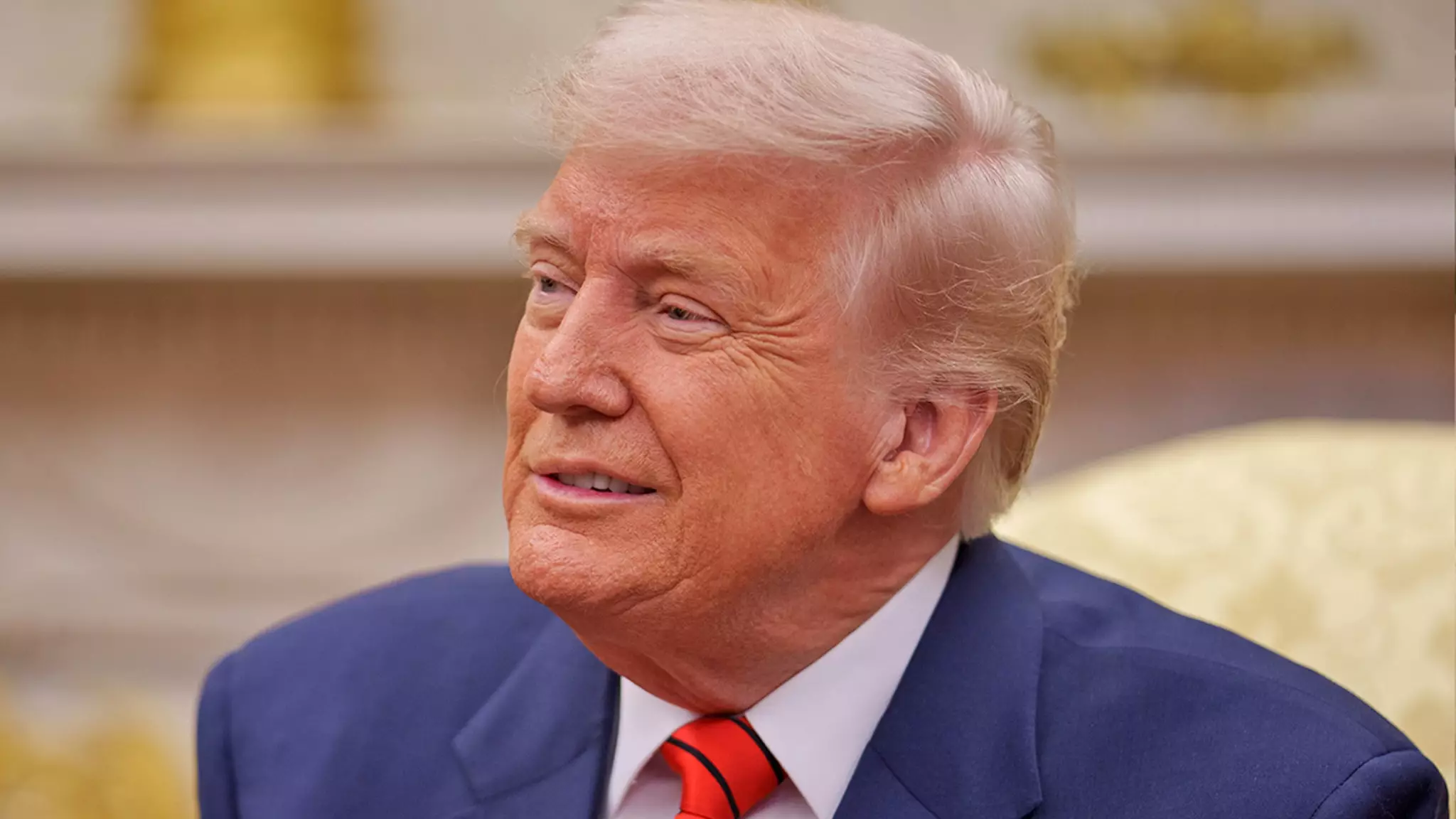When it comes to President Trump’s strategies and proclamations, the unexpected often seems to trend. His recent announcement regarding the potential reopening of the infamous Alcatraz prison sends shockwaves through both political spheres and public opinion. To many, the idea of resurrecting such a notorious facility as a haven for the “most ruthless and violent offenders” motivates questions about motivations behind law enforcement and justice. On his platform, Truth Social, Trump argues that restoring Alcatraz could serve as a powerful symbol of law and judicial legitimacy—a stance that raises eyebrows and provokes hearty debates about its implications.
Historical Context and Political Undertones
Alcatraz carries with it a weighted legacy, having housed some of America’s most infamous criminals during its operation from 1934 to 1963. Figures like Al Capone and George “Machine Gun” Kelly not only defined the era of gangsterism but also turned Alcatraz into a symbol of ruthless criminality and indomitable punishment. However, Trump’s emphasis on creating renewed fear of crime unsettles. Historically, Alcatraz was shuttered for valid logistical reasons; primarily, the escalating costs of maintaining operations that far surpassed those associated with other facilities. With this backdrop, the proposal seems more like a dramatic performance than a foundational green-lighting of justice.
Legal Ramifications and Public Perception
The notion that reopening Alcatraz might relieve the judicial system’s burdens—especially in the context of illegal immigration—contains a sharp paradox. Trump cited concerns regarding “radicalized judges” who uphold due process, suggesting that these judicial protections hinder swift justice. Yet, one has to question the ethical implications of bypassing fundamental rights in lieu of an authoritarian approach to law. Public perception is inherently polarizing in this regard. While law-and-order advocates may herald Trump’s revival of Alcatraz as a necessary measure, civil liberties proponents recoil at the implications for fair and humane treatment within the judicial system.
Symbolism Versus Practicality
The allure of Alcatraz as a “symbol of Law, Order and JUSTICE” offers a slogan that ingrains itself into the popular psyche; however, one should assess whether its reopening is practical in today’s social climate. Is creating such physical and psychological symbols effective in addressing the mammoth challenges facing modern law enforcement? With a prison turned tourist attraction attracting millions of visitors annually, perhaps the memory of Alcatraz should linger in the annals of history instead of firmly standing as a potent symbol of punishment.
In the grand theater of American politics, this Alcatraz proposal could serve different purposes—reinforcing Orwellian security rhetoric or rerouting attention from pressing social issues. The question remains whether this drastic proposal serves as a robust solution to crime, captures the complexity of modern judicial dilemmas, or is merely another sensational headline in Trump’s ongoing narrative of justice and order. As public discussion evolves around this provocative topic, it’s imperative to weigh historical lessons against contemporary realities in crafting our future judicial landscape. The implications are complex, and the motives should compel us to delve deeper into a world striving for true justice.

